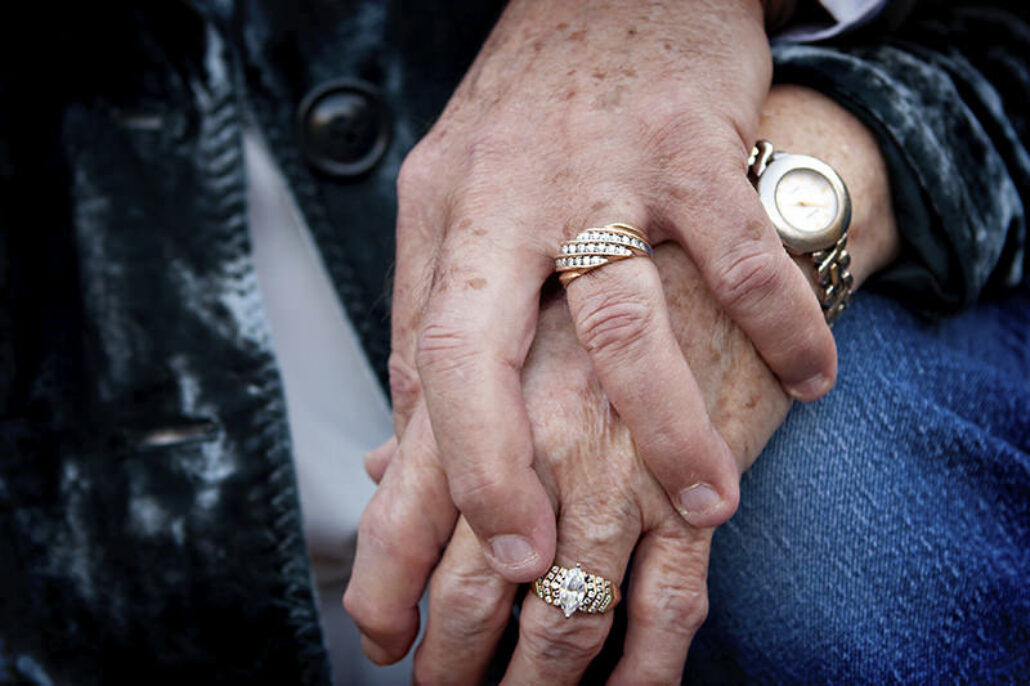Approximately one and a half million Americans have rheumatoid arthritis, and 75 percent of them are women. We explain the risk factors, and the role of gender in this chronic condition.
Most people perceive arthritis as a general painful condition affecting various joints in the body. In fact, there are more than 100 types of arthritis. One of the most common is rheumatoid arthritis, an autoimmune disease that prompts your body to mistakenly attack your joints, causing chronic inflammation of the joint lining and possibly other organs. Although women are two to three times more likely to develop rheumatoid arthritis than men and typically are affected earlier in life than men, men’s symptoms tend to be more severe.
This type of arthritis can occur at any age, but women typically report the first symptoms between the ages of 30 and 60. The severity of symptoms varies from patient to patient, but this disease can cause chronic pain, loss of function, disability, and permanent joint damage.
There are multiple risk factors for rheumatoid arthritis:
- Genetic. Portions of our DNA, called genetic markers, are used to identify individual diseases or disease traits. People with the HLA-DR4 genetic marker appear to be at increased risk of developing rheumatoid arthritis, and suffering more severe symptoms.
- Environment. Although environmental triggers have not been definitively identified, we suspect that Epstein-Barr virus, bacteria including streptococci (which causes strep throat and rheumatic fever), salmonella (causing food poisoning), Escherichia coli (causing urinary tract infections), Helicobacter pylori (causing stomach ulcers), and Borrelia burgdorferi (the source of Lyme disease) may be risk factors.
- Smoking. Cigarette smoking has also been linked to rheumatoid arthritis.
- Hormones. If you have not had a child, studies show that your risk of rheumatoid arthritis is twice as high as it is for mothers. Estrogen levels seem to affect the severity of symptoms; the disease frequently improves while estrogen levels are high during pregnancy, but worsens after delivery when a woman’s estrogen levels fall. There also appears to be a correlation between the development of rheumatoid arthritis and the fluctuation or decline of estrogen levels. This may be why the peak age for rheumatoid arthritis in women is age 40 or later, and why the disease progresses faster in women whose symptoms appear after menopause.
Finally, rheumatoid arthritis and the therapies to treat it carry risks of their own. Women with this disease have a greater risk of low bone density, thickened artery walls and coronary artery disease. Additionally, the corticosteroids, like prednisone, used to treat rheumatoid arthritis, increase risks of cholesterol, diabetes, infections, and osteoporosis.
The degenerative nature of this disease makes early diagnosis and treatment important. You and your physician can discuss the various therapies available, and create an individualized treatment program tailored to your symptoms and your needs.
When to seek treatment for your arthritis
Arthritis doesn’t have to spell the end of an active life. If you are experiencing worrisome symptoms or persistent pain, the renowned arthritis specialists at Summit Orthopedics can help. We work with you to confirm a diagnosis and develop an appropriate conservative treatment plan. If nonsurgical treatments fail to support your lifestyle goals, fellowship-trained orthopedic surgeons will consult with you and discuss appropriate surgical options. Summit is home to innovative joint replacement options. Our Vadnais Heights Surgery Center is one of only two surgery centers nationally to receive The Joint Commission’s Advanced Certification for Total Hip and Total Knee Replacement.
Start your journey to healthier joints. Find your arthritis expert, request an appointment online, or call us at (651) 968–5201 to schedule a consultation.
Summit has convenient locations across the Minneapolis-St. Paul metro area, serving Minnesota and western Wisconsin. We have state-of-the-art centers for comprehensive orthopedic care in Eagan, MN, Plymouth, MN, Vadnais Heights, MN, and Woodbury, MN, as well as additional community clinics throughout the metro and southern Minnesota.
